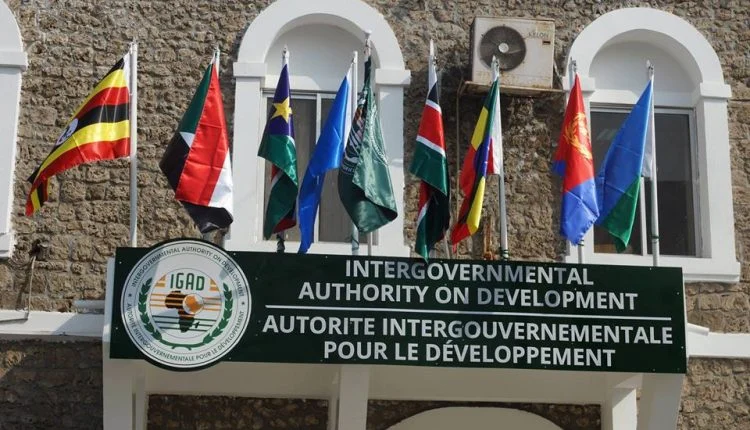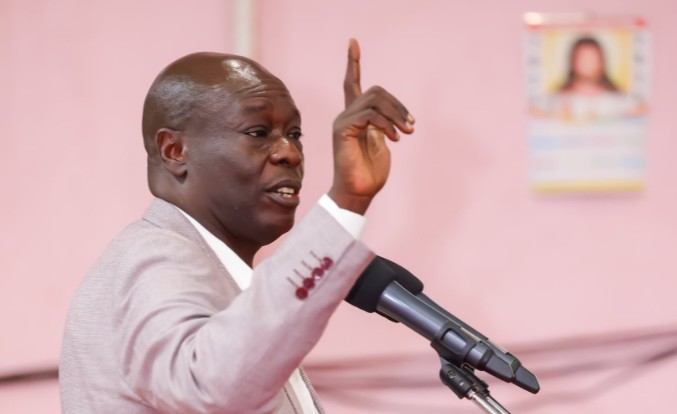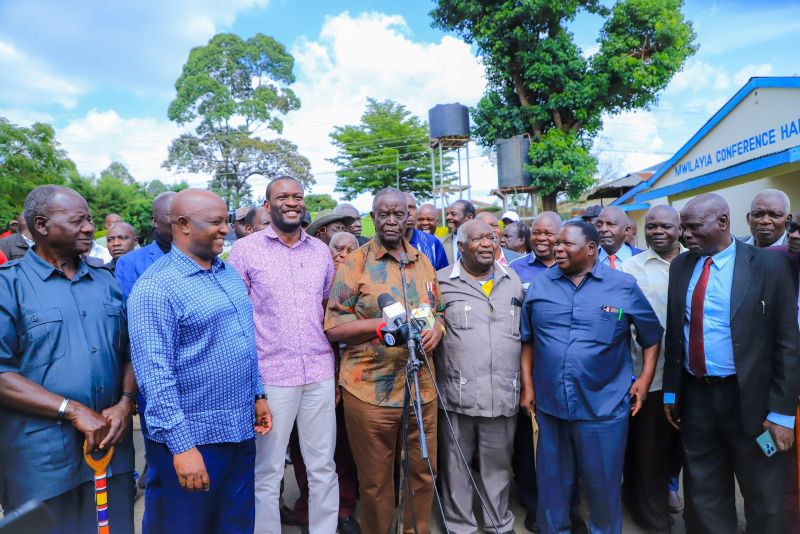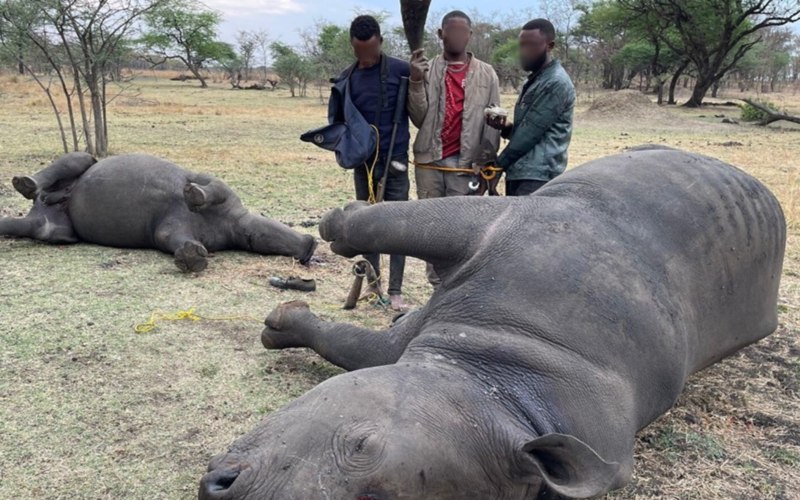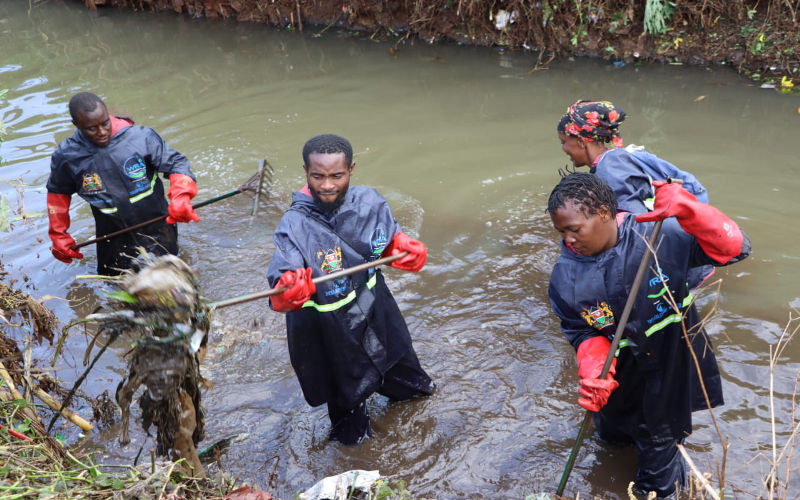Lake Victoria fish farmers seek government aid to counter cross-border harassment

Senate Agriculture Committee chairperson Wafula Wakoli said fishermen are frequently stopped, detained, and have their boats or gear confiscated under claims of crossing into foreign waters, allegations he says are often untrue.
Local fishers and investors have called on the government to take urgent steps to protect Kenya’s fishing industry, citing increased threats from foreign security personnel that are disrupting operations on Lake Victoria.
The interference has made it difficult for fish farmers to sustain their businesses, while cheap imports from China continue to flood the market.
More To Read
- Lake Victoria Fish farming booming but pollution and disease are wiping out millions: How to reduce losses
- Fish is good food and demand outstrips supply in Kenya: How to produce more and get it to market safely
- Kenya Met forecasts intermittent showers, cold nights over next five days
- New national marine spatial plan aims to protect Kenya’s oceans and communities
- Contaminated water from River Kibos blamed for fish deaths at Dunga Beach
- Isolated heavy showers expected in Rift Valley, Lake Victoria basin - Kenya Met
During a visit to the Mulukoba Beach Management Unit in Port Victoria, Busia County, on Thursday, Senate Agriculture Committee chairperson Wafula Wakoli said fishermen are frequently stopped, detained, and have their boats or gear confiscated under claims of crossing into foreign waters, allegations he says are often untrue.
“Kenya has enough fish for both local consumption and export. What we need is to empower our farmers by providing a favourable operating environment,” Wakoli said. “That’s why we are asking the government to address the security threats in our waters. We have no valid reason to keep importing fish from China.”
Wakoli noted that the continued disruptions have hindered local fish production, forcing some farmers out of business and increasing dependency on imported fish to meet demand.
Mulukoba BMU chairperson Joachim Omollo said cage fish farming has become the main source of livelihood for many in the region, but high feed costs and lack of insurance coverage make the enterprise risky.
He called on the government to help fishers access insurance and provide protection from foreign authorities seizing equipment.
“We want the government to help us acquire boats because most small-scale fishers cannot raise the Sh250,000 needed to buy one,” Omollo said. “Such support would greatly boost our trade and reduce unnecessary fish imports from China.”
Omollo also proposed establishing a fish processing facility near the lake to reduce transportation costs to Thika and create local jobs.
Investor Magan Odero said the lack of nearby processing plants exposes farmers to exploitation by middlemen who buy fish cheaply and profit from transporting it for processing elsewhere.
He urged the government to prioritise building facilities closer to the source and to revive county speedboats to enable efficient lake operations.
“It’s unfortunate that fish farmers in this region have not received sufficient support from both levels of government. Accessing markets is difficult, and without a nearby processing factory, we miss out on value addition that could increase our profits,” Odero said.
Busia County Agriculture Executive George Mukok said the county is partnering with cooperative societies to assist fish farmers, adding that despite the potential, the sector remains largely underdeveloped.
Top Stories Today








